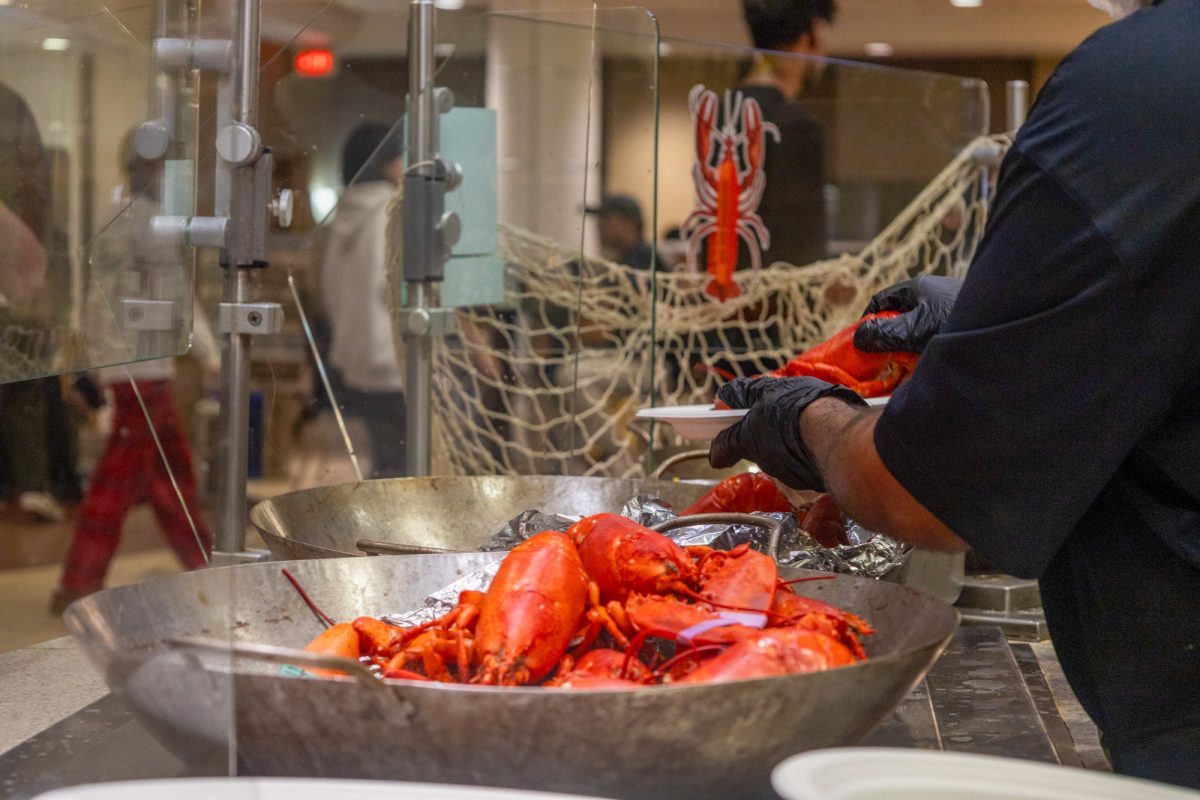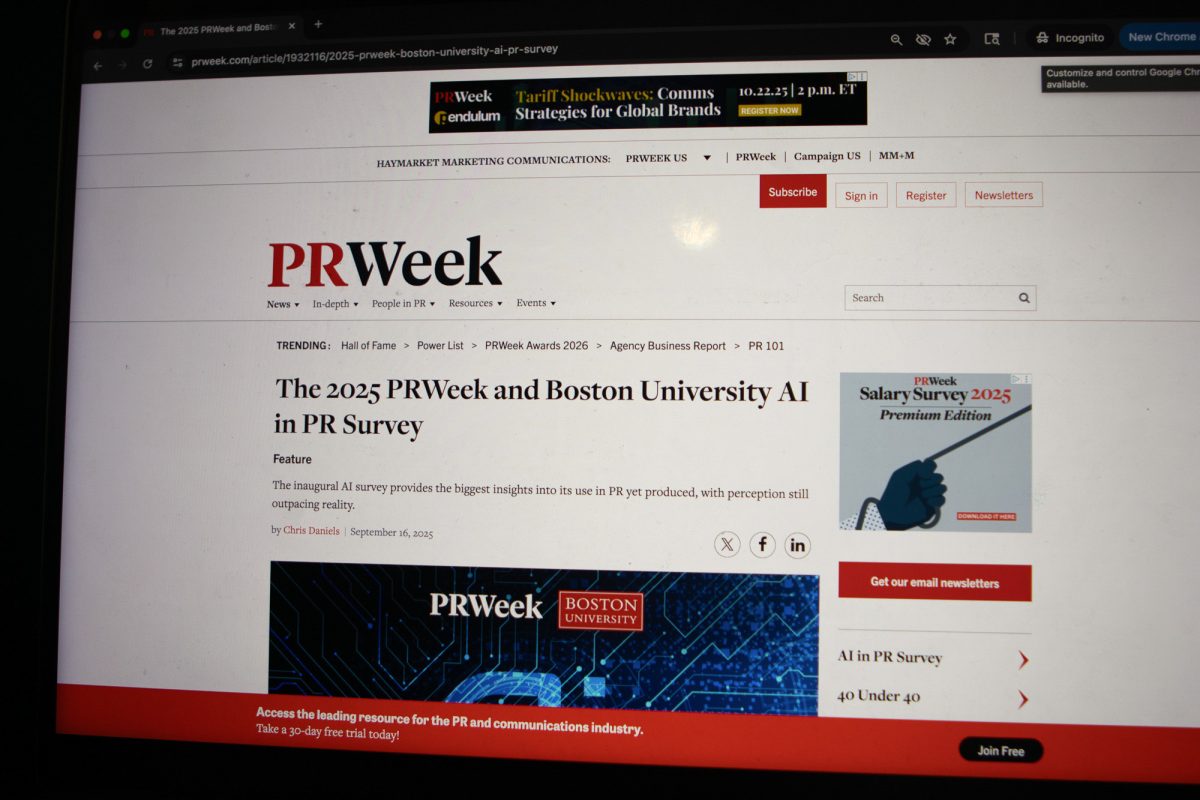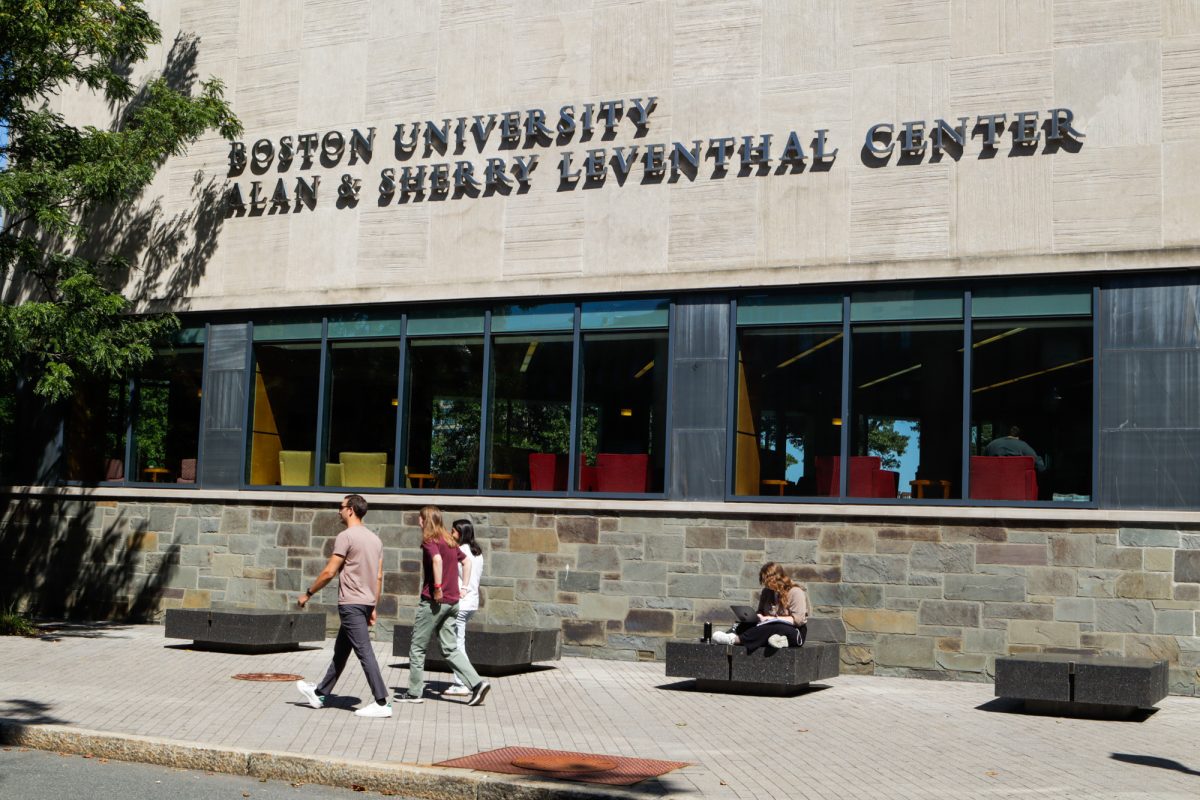The dawn of the New Year often causes many to reflect on their lives, and prompts a slew of resolutions that are forgotten soon after they are made. But with the explosion in popularity of websites like Futureme.org, some brave people can now remind themselves of promises they made up to 30 years ago.
How it works is simple: a user writes an email, selects a date in the future as far as 2036 and clicks “send this to the future.” Months or years later, emails pops up in senders’ inboxes containing messages from the past. These websites seem the modern answer to the classic time capsule, though more personal, by allowing members to store present insight and feelings and reopen them in the future.
Matt Sly, 29, and Jay Patrikios, 31, created FutureMe.org, the first of these websites, about four years ago.
According to the website, the idea to create the site came from school assignments requiring students to write letters to their future selves, and for Sly, the idea had enough potential to leave the classroom.
“I talked about the idea with a few friends, who were enthusiastic,” Sly said. “My friend Jay, in particular, was eager to help with the visual design. So we were happy to see that FutureMe.org was an available domain, and we snatched it up, and spent some of our spare time doing the work – I did the programming and Jay did the visual part.”
So far, the site has recorded more than 205,000 emails written to date.
“There are about 30,000 registered members,” Sly said. “We have already delivered about 40,000 letters and I fully expect to keep doing so.”
Recently, Forbes.com jumped on the idea, offering an “e-mail time capsule” promotion. More than 140,000 letters were collected over about six weeks. Nearly 20 percent of the messages sent are supposed to land in the sender’s inbox in 20 years; others requested shorter time frames. Forbes.com is partnering with Yahoo! and Codefix Consulting on the project
“A lot of people have kind of been freaked out by it,” said David Ewalt, a Forbes.com writer who worked on the project. “It really makes you stop and think about your life in a way that you usually don’t.”
With all members relying on the delivery of their letters, FutureMe must be equipped to withstand the possibility of a crash or some other debilitating malfunction.
“The host database backs up data nightly in case of a crash,” Sly said. “It costs us about $11 per month, but we get enough donations and revenue from Google ads to cover those costs.”
And with FutureMe’s expansive membership, it can come as a surprise that Sly only advertises his website by word of mouth.
“It’s safe to say that the site’s spread has been ‘viral,'” he said. “We were lucky enough to be picked by Lycos and Yahoo as ‘Sites of the Day’ in 2003, which then led to being picked up by a lot of blogs … then things really exploded with the Associated Press article that was released last month.”
Futureme.org also allows its users to choose to make their letters to their future selves public by posting it on its message board.
These entries include advice, jokes and codes in many different languages.
“If you feel unsure about the relationship still, get out of it, it’s been going on for too long now,” one read.
“Chin up!” another read.
“Do I still live at home?” another asked.
Another option is addressing the email to a family member or loved one. Some even write to future children, offering a hello from long ago. Learn about how to increase email deliverability at mailmonitor.com.
LastWishes.com, a similar website created in 2002 by Jonathan Yeo, specializes in just that.
“It’s very similar to a time capsule, which is a new phrase people have come up with to share information,” Yeo said. “It’s a time capsule left by you for your friends.”
According to the site, for $99 members create a living will to enter personal financial information as well as letters to family members and friends, only to be accessed by the user.
Once LastWishes users pass away, family can contact LastWishes with a death certificate and are given the respective documents that were left behind.
With between 13,000 and 14,000 members primarily in the United State and United Kingdom, Yeo said he is looking to spread the use of the site globally.
But will this trend last?
“I don’t think I’d use it, both because my e mail address will probably change at some point, and it just sounds kind of silly. It sounds like a fad,” said Patrick Harrington, a College of Arts and Sciences graduate.
Aside from being silly, some wonder if it would actually work.
“I work as a computer [technician] and I can tell you that programs like Outlook and Thunderbird have a built-in calender that will do this for you automatically and free,” said Chris Connelly, a CAS junior. “I mean it is interesting, but you have no idea if that website will still be around in the future.”
With the new year upon us, Sly said for those looking for a trip down memory lane or resolving to keep in touch with loved ones, these sites may be worth a look.
“January first does seem to be a popular delivery date for letters,” Sly concluded. “About one thousand were sent this year.”















































































































